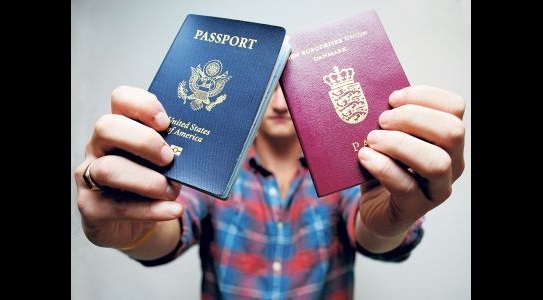It’s powerful to call two countries your home. It’s more than a matter of convenience; it’s also an emotional bond between your present and the future. For thousands of people each year the dual citizenship of Mexico isn’t just a purely legal situation, it’s an opportunity to return to the roots, a return to identity, or the start of a new chapter.
Mexico isn’t all about the food, the beaches or the warm atmosphere that welcomes you on arrival. The people, the culture and the warmth of the country make it so special. Mexico is a place that makes you feel your home, no matter if you were taught stories in Spanish by your grandmother or fell in love later in the course of your life.
It’s more than just a Passport, It’s About belonging
Most people think of dual citizenship Mexico as a bureaucratic process when they hear it. If you ask anyone who’s gone through it they’ll share stories of reunion and feeling “whole.” They’ll even share with your children an experience that’s important. The little booklet that bears the national seal isn’t just a document it’s a symbol of dual identity.

Image credit: dualcitizenshipexpress.com
Dual citizenship can feel like an opportunity to claim something that’s been there. Although you may have grown up listening to Mexican music or celebrations of Dia de los Muertos in the background in your childhood, but never feeling as though you were tied to your country of origin Dual citizenship could change that. This is altered by dual citizenship. Dual citizenship states “You belong to us.” “You always were.”
If you don’t have Mexican family ties, the journey is just as significant. Many people fall in love with Mexico in the course of a semester abroad or retirement scouting trip or even an accidental meeting that led to an entire life of friendship. After years of building a life in the country paying taxes, learning the language, forming friendships applying for dual citizenship Mexico becomes a way to anchor that story in law.
The process feels like
The procedure isn’t always easy. Between gathering birth certificates, translating documents, and sitting for interviews, it can seem overwhelming. Don’t do this by yourself. Many people utilize professional services that are aware of the cultural and legal nuances that help applicants navigate the system without confusion or unneeded delays.
The emotional component of the procedure cannot be outsourced, even with assistance. It’s awe-inspiring to hear the words “You are now an American citizen” in a building of the government. The experience is described as one of joy with pride, excitement and unexpected emotion. Of course, it’s quite normal to shed happy tears.
Affirming the Best of Both Worlds
What does life look like when you have dual citizenship in Mexico? It’s a life of freedom for many. You can own a home in your name, avoid endless visa renewals and vote in elections. In addition, you won’t feel like you’re on the edge of society.
You might find yourself splitting your time between two countries. Perhaps you manage your own business in Mexico or you spend your summer in the country where you were born. Or perhaps you raise bilingual children that are literate in both languages and culturally. While it’s not always straightforward, it can be rewarding. You don’t have to decide from your history and future, or your past. Both can be lived fully, legally and with purpose.







